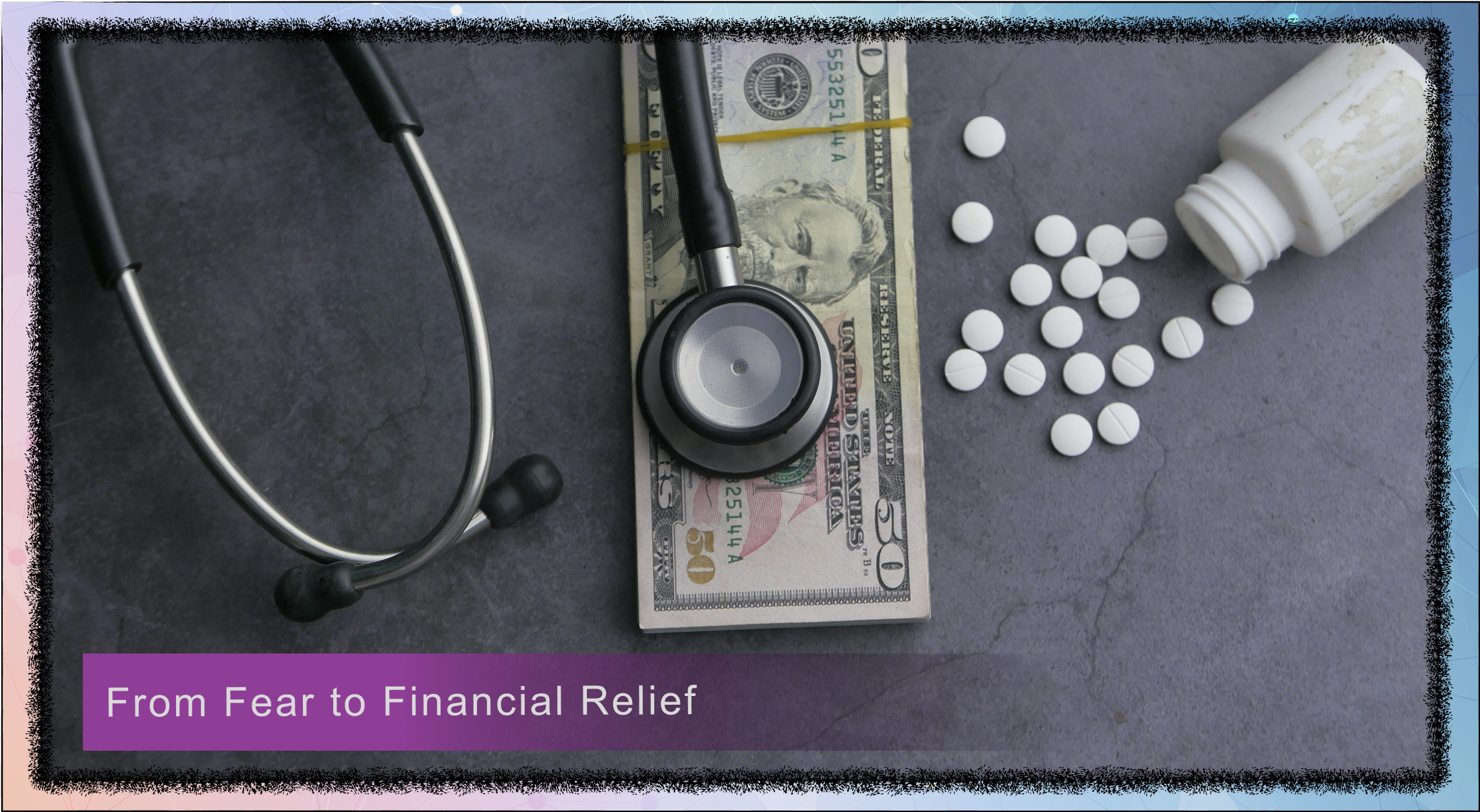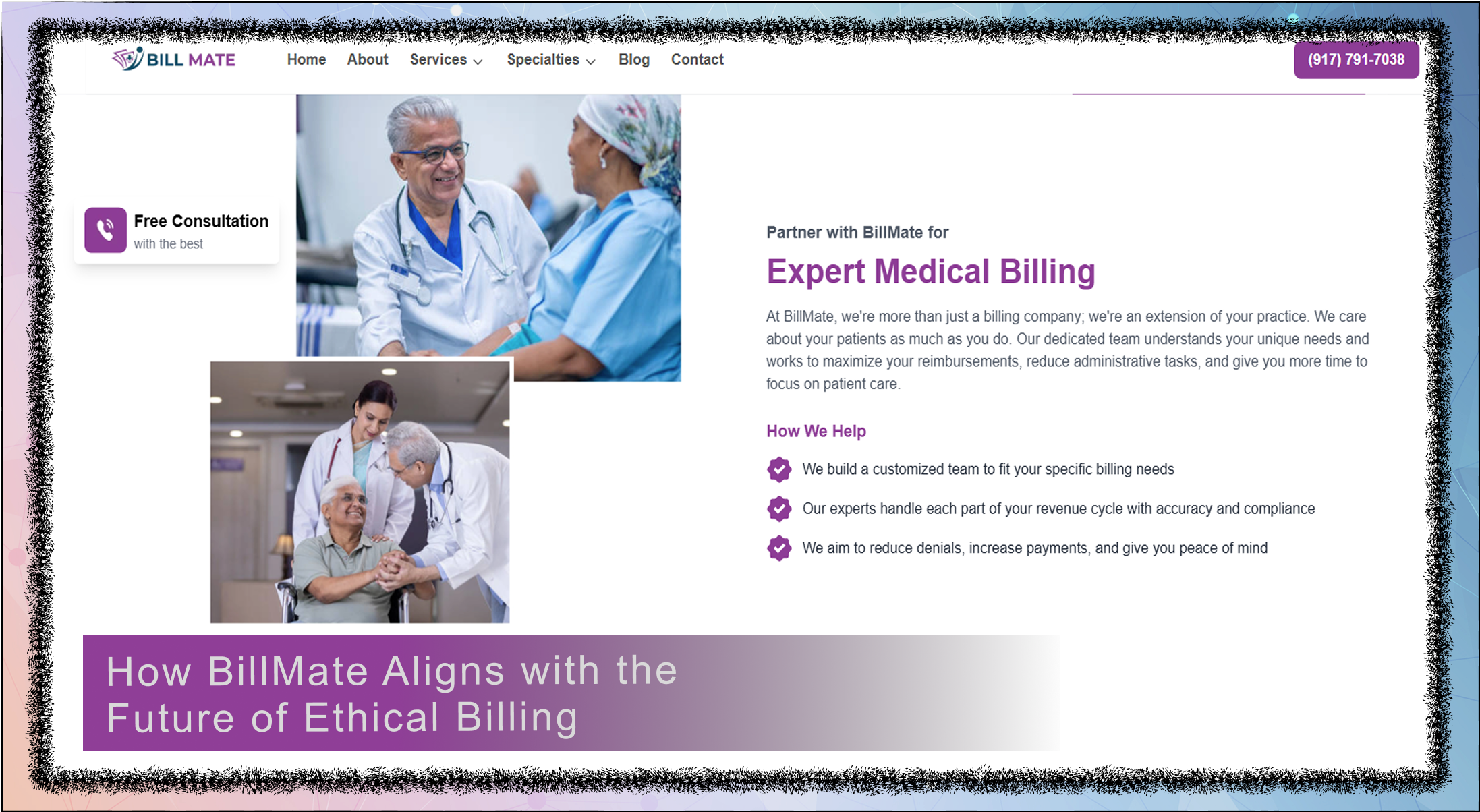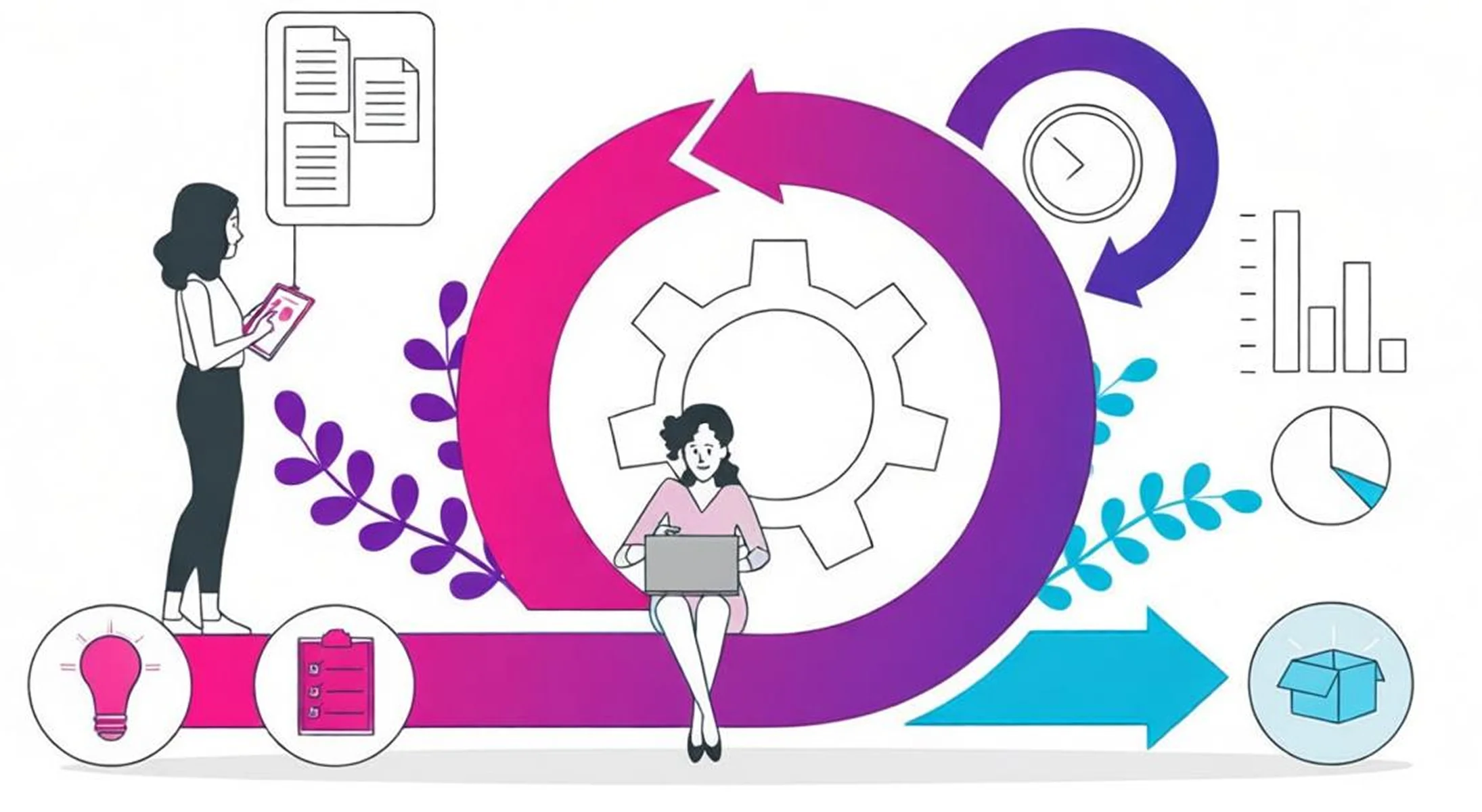
New York’s Bold Move: How Medical Debt Reforms Cut Hospital Lawsuits by 99.9%
By Billmate
Oct. 15, 2025, 2:30 p.m.
A Landmark Shift in Medical Debt Collection

In a groundbreaking transformation, New York State has witnessed one of the most dramatic shifts in healthcare billing history. A 99.9% decline in hospital medical debt lawsuits since 2020. Once a state where hospitals frequently placed liens on patients’ homes and garnished wages over unpaid medical bills, New York is now emerging as a model of compassionate and transparent medical billing reform.
According to a recent report by the Community Service Society of New York (CSSNY), these changes stem from eight major policy reforms passed between 2020 and 2024. The results? Nearly $36 million saved, hundreds of lawsuits eliminated, and medical debt collections reduced by over 95%.
Understanding the Medical Debt Crisis

Medical debt has long been a silent crisis in the United States. Before the reforms, over 14,000 lawsuits were filed annually by hospitals across New York against patients who couldn’t afford their medical bills. Some institutions went as far as placing liens on patients’ homes, pushing families into financial ruin over unavoidable healthcare costs.
Hospitals like St. Peter’s Health Partners in Albany, Albany Medical Center, and Ellis Hospital in Schenectady were among more than 50 healthcare institutions found to have used such aggressive debt collection practices from 2017 to 2018.
These actions sparked outrage, particularly because many affected patients were low-income individuals, often struggling to pay for essential medical treatments or emergency services.
The Turning Point: 2020–2024 Reforms That Changed Everything

Between 2020 and 2024, New York enacted a series of historic reforms that reshaped how hospitals and clinics handle unpaid medical bills. These reforms included the following eight key policies:
-
Banning liens and wage garnishments for unpaid medical bills
-
Reducing the statute of limitations on medical debt from six years to three
-
Lowering interest on judgments from 9% to 3%
-
Introducing a uniform financial assistance form for hospitals
-
Prohibiting hospitals from reporting medical debt to credit bureaus (2023)
-
Outlawing most hospital lawsuits against patients over medical debt (2024)
-
Enhancing financial transparency in billing and collections
-
Requiring hospitals to strengthen internal compliance with patient protection laws
These reforms created an immediate and visible impact; lawsuits dropped from nearly 14,000 cases annually to about 100, marking a 99.9% reduction in hospital medical debt litigation.
From Fear to Financial Relief

The data tells a powerful story:
The proportion of New Yorkers with medical debt in collections dropped from 7.6% to 1.7%.
That’s an estimated $241 million to $337 million erased from consumer credit reports.
Many hospitals voluntarily withdrew active debt lawsuits and revised their billing policies to be more patient-friendly.
“The ‘Campaign to End Medical Debt’ demonstrates how effective collaboration can create lasting change,” said Assemblywoman Amy Paulin, chair of the Assembly Health Committee.
Her statement highlights how policy, advocacy, and community action united to restore fairness in the healthcare billing system, especially as millions face coverage uncertainty from federal health cuts.
Hospitals Respond
Interestingly, many hospital executives were reportedly unaware of the aggressive collection tactics their billing departments employed.
“Hospital leadership often doesn’t know what’s happening at the billing level,” said Elisabeth Benjamin, CSSNY Vice President and report co-author.
She explained that collection firms pressured billing teams to maximize revenue through lawsuits often without proper oversight or guardrails. Since the reforms, hospitals like St. Peter’s Health Partners have terminated such practices and reformed their financial assistance policies, ensuring patient-centered care remains at the core of their mission. This new era of ethical billing and accountability is reshaping trust between patients and healthcare providers, a change long overdue.
Bipartisan Effort: When Politics Put Patients First
While the legislative push was led by Democrats in the State Legislature’s health committees, these laws received strong bipartisan support. Even Republican lawmakers backed several key bills, underscoring that medical debt reform is a moral one.
State Senator Gustavo Rivera, a major advocate for ending aggressive collection practices, praised the collaboration:
“We will continue pushing for policies that protect New Yorkers from financial ruin just because they need medical care until we have eliminated the absurdity of medical debt entirely.”
Such statements underline a shared vision for a healthcare system that prioritizes care over collections.
Implications for Healthcare Providers Nationwide

New York’s success story is more than a local reform, it’s a blueprint for national change. Hospitals across the U.S. are watching closely as medical billing ethics, transparency, and compliance become central to patient trust and operational sustainability.
For healthcare providers, the key lessons include:
-
Implementing transparent billing systems
-
Training billing teams in compliance and patient advocacy
-
Leveraging technology to automate accurate claims
-
Partnering with ethical billing service providers
-
Avoiding over-aggressive collection methods that damage public reputation
Healthcare organizations can learn from New York’s data-driven and patient-centered approach to strike a balance between financial health and social responsibility.
How BillMate Aligns with the Future of Ethical Billing

As healthcare billing evolves, companies like BillMate stand at the forefront of compliance-driven innovation. BillMate’s medical billing solutions are designed to reduce claim denials, improve accuracy, and ensure ethical revenue recovery, without compromising patient trust.
By offering AI-powered claim verification, HIPAA-compliant automation, and revenue cycle transparency, BillMate supports the same values that New York’s reforms now champion:
fairness, compliance, and compassion.
Conclusion
New York’s near-total elimination of hospital debt lawsuits is more than a policy win, it’s a moral milestone. By banning aggressive collection tactics, simplifying financial aid, and reforming outdated billing laws, the state has restored dignity to thousands of patients and families.
The ripple effects extend far beyond New York, offering inspiration to hospitals, lawmakers, and billing professionals nationwide. In an era where technology and empathy must coexist, New York’s reform proves that ethical billing can be both efficient and humane.
What To Read Next

By Billmate | February 23, 2026
Hospice Modifiers GV and GW: A Complete Guide for Medicare Billing
In-depth 2026 guide to hospice modifiers GV and GW, Medicare billing rules, documentation standards…

By Billmate | February 20, 2026
Tick Bite ICD-10 Codes and Billing Guide for Accurate Medical Coding
Complete guide to tick bite ICD-10 codes, Lyme disease coding, CPT tick removal billing, erythema m…

By Billmate | February 19, 2026
Denial Management in Medical Billing: Common Denials, Causes, and Prevention Strategies
Learn denial management in medical billing, common denials, eligibility denials, causes, prevention…

By Billmate | February 17, 2026
Mastering Revenue Cycle Management in Healthcare: A Comprehensive 2026 Guide
A comprehensive 2026 guide to revenue cycle management in healthcare, RCM in medical billing, hospi…

By Billmate | February 12, 2026
Patient Responsibility in Healthcare: How Providers Can Improve Collections Without Hurting Patient…
Learn how providers can improve patient responsibility collections without damaging trust, transpar…
Join our team to be a part
of our story
Learn more about our career, education and
posting jobs, and
submit simple application.